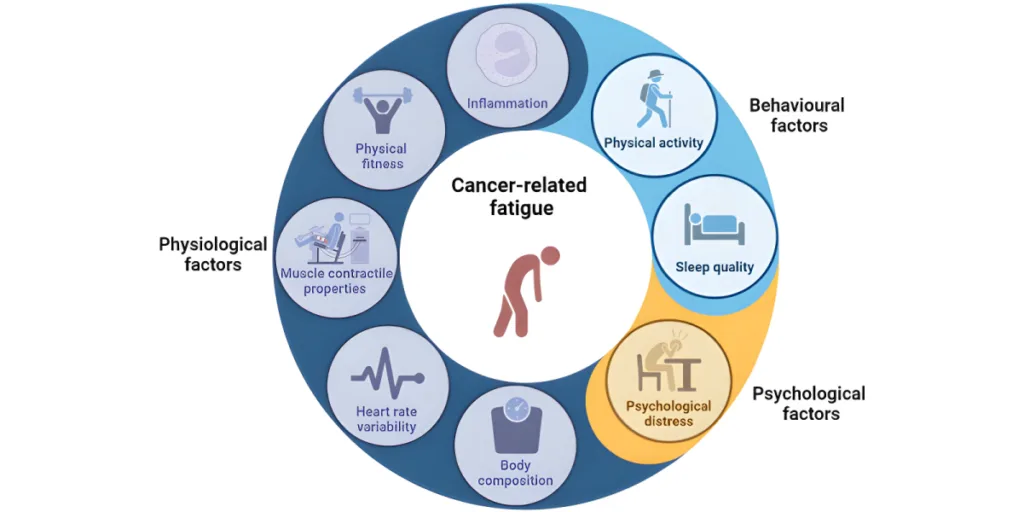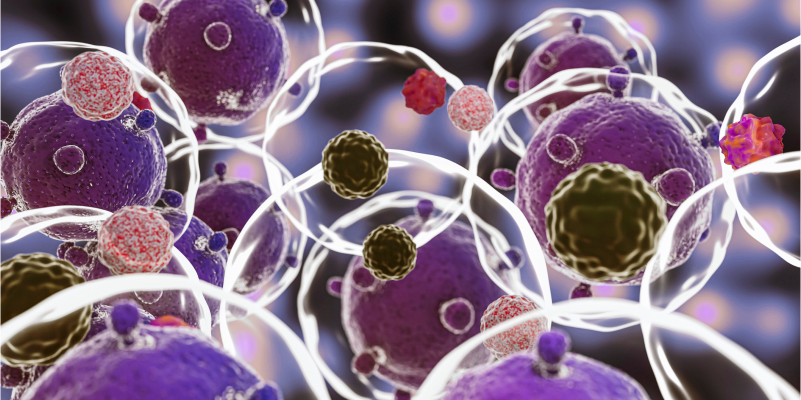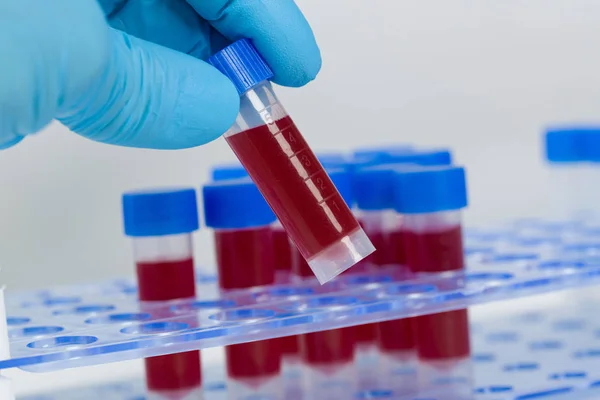
Cancer fatigue, also known as cancer-related fatigue, is a prevalent and debilitating symptom experienced by individuals undergoing cancer treatment. It is characterized by an overwhelming sense of tiredness and lack of energy that goes beyond normal tiredness. Cancer fatigue can significantly impact a patient’s physical, emotional, and cognitive well-being, making it essential to understand and address this symptom effectively. By recognizing the signs of weariness, uncovering the causes of cancer fatigue, navigating its impact on daily living, and implementing strategies for coping, individuals can better manage extreme tiredness associated with cancer and enhance their overall quality of life during the treatment journey.

Recognizing the signs and symptoms of cancer fatigue is crucial in distinguishing it from normal tiredness. While every individual may experience fatigue differently, some common signs include persistent exhaustion, reduced stamina, difficulty concentrating, memory problems, emotional changes such as irritability or sadness, and disruptions in sleep patterns. Fatigue can vary in intensity and fluctuate throughout the day, sometimes peaking in the afternoon or evening. It is important for patients to communicate their experiences honestly and openly with their healthcare providers to receive an accurate diagnosis and appropriate support.

The roots of cancer fatigue are complex and multifaceted. Understanding the underlying causes can help in effectively managing this debilitating symptom. Several factors contribute to cancer fatigue, including the cancer itself, cancer treatments, medication side effects, emotional distress, and the physiological toll of the disease.
The presence of cancer can induce a state of chronic inflammation and hormonal imbalances, which can contribute to feelings of fatigue. Additionally, cancer treatments such as chemotherapy, radiation therapy, and immunotherapy can directly impact the body’s energy production and utilization processes, leading to increased fatigue levels. Medication side effects, such as anemia or hormone imbalances, can also contribute to cancer-related fatigue. Furthermore, the emotional and psychological impact of living with cancer, including stress, anxiety, and depression, can further worsen fatigue levels. Addressing these underlying causes is essential in managing cancer fatigue effectively.

Cancer fatigue has a profound impact on a patient’s quality of life and daily living. It affects physical functioning, leading to difficulties in completing daily tasks and participating in social activities. The fatigue can also impact cognitive functioning, resulting in memory problems, difficulty concentrating, and reduced mental sharpness. The persistent tiredness and exhaustion can lead to emotional distress, including feelings of frustration, irritability, and depression. Additionally, cancer fatigue can impair a patient’s social interactions and relationships, leading to a sense of isolation and reduced quality of life. Recognizing and acknowledging the impact of fatigue on daily living is crucial in developing strategies for coping and enhancing overall well-being.
Implementing effective strategies for coping with cancer fatigue is crucial for managing extreme tiredness and improving quality of life. There are several approaches individuals can take to help manage fatigue:

It is important for individuals to work closely with their healthcare team to develop a personalized fatigue management plan that considers their specific needs, treatment regimen, and underlying causes of fatigue.
Cancer fatigue is a complex symptom that significantly impacts the lives of individuals undergoing cancer treatment. Recognizing the signs of weariness, understanding the underlying causes, navigating the impact on daily living, and implementing strategies for coping are all essential in effectively managing extreme tiredness associated with cancer. By incorporating lifestyle modifications, seeking psychological support, considering medical interventions or alternative therapies, individuals can better manage the debilitating effects of cancer fatigue. With comprehensive care and support, patients can navigate the challenges of cancer treatment with improved well-being and enhanced quality of life.

Dr. Yakov Freed

Dr. Yakov Freed